The English word “sabbath” originated in Hebrew, became a Greek word, was imported into Latin, entered Old English as “sabat,” and evolved into “sabbath.” That’s a long journey for a simple word.
But the word itself barely changed through the millennia, which is actually pretty unusual and is only ever the case with words that are fundamental to languages. Words are changing all the time, both in pronunciation and even meaning. For instance, the word “deer” in Old English meant all 4-legged woodland animals, and generally referred to anything a king could hunt but not you. Bastards. The Magna Carta came about partly because the Kings kept on putting off limits larger chunks of land on which only they could hunt deer, which at the time meant all game.
The most stable words are those that form the building blocks of language. Sabbath is one of those words. It meant “rest” in Hebrew, and that meaning is retained over the centuries.
Anybody who has tried to read Old English–by which I mean pre-Norman Conquest English–knows how difficult it is to make heads or tails of it. Anybody who has tried to read Old English learns quickly that the Connecticut Yankee who went to King Arthur’s court could have understood Old English as well as he could modern German.
Even Early Modern English is difficult, although we can make it out. The Canterbury Tales is tough for most of us, and even Shakespeare is difficult when not modernized. John McWhorter, a linguist, has admitted he doesn’t enjoy Shakespeare’s plays performed in original Early Modern English because he spends so much time figuring out what is being said.
To give you an idea of how much language changes, all the “Romance languages” are derived from Latin, but since the collapse of the Western Roman Empire, the regional variations have created entirely new languages that are mutually unintelligible. Italian, Spanish, French, Romanian, Sardinian, Portuguese…Wikipedia lists 51 Romance languages, most of which are different enough that speakers of one can’t understand speakers of another.
Yet “sabbath” remained essentially unchanged.
So to see a word travel almost unchanged from Hebrew to Greek to Roman to Old English to Modern English is remarkable.
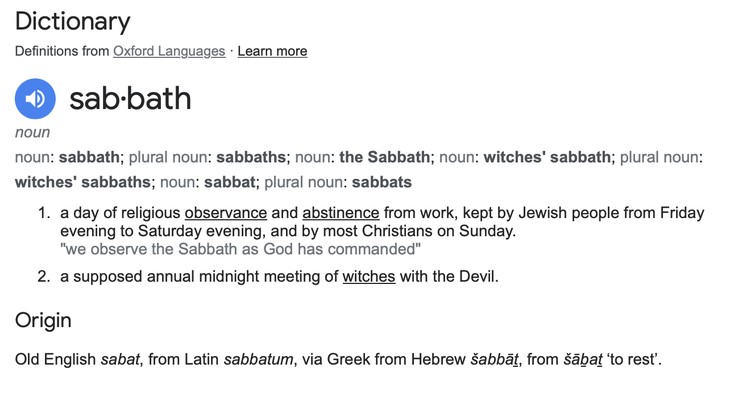
But there it is. This tells us that the sabbath itself is fundamental to our history and culture. Its history as a constant in our language is as consistent as the words “mother” and “father,” which have remained almost unchanged for millennia.
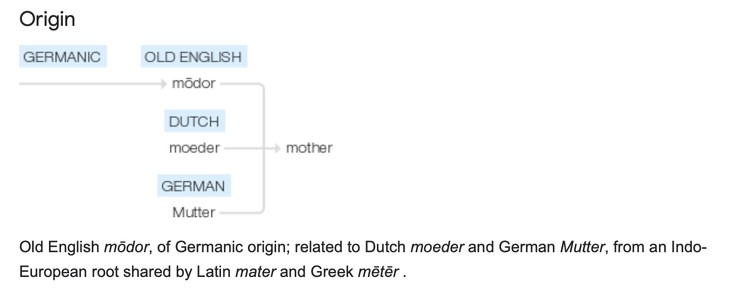
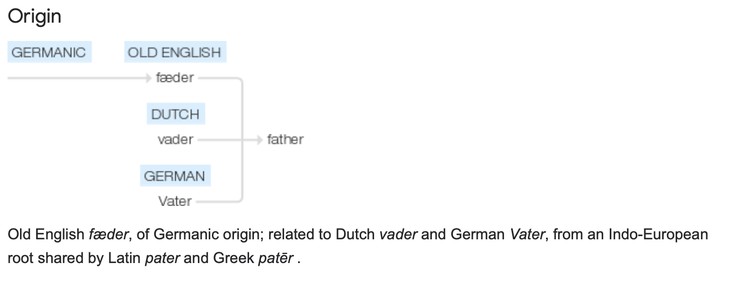
In short, the idea of the Sabbath is as fundamental to Western culture as the family. Its roots go so deep that the word itself has changed almost not at all for millennia. From Hebrew to Greek to Latin to German to English and so forth, it is essentially the same, as it is in most European languages.
That should tell you something about the importance of Judeo-Christianity to our culture. They are inextricably bound together, like parents and children.
Now that I have that little lesson out of the way–one that just 10 minutes ago I had no idea I would be giving–let’s enjoy our day of rest!
The good stuff:






















































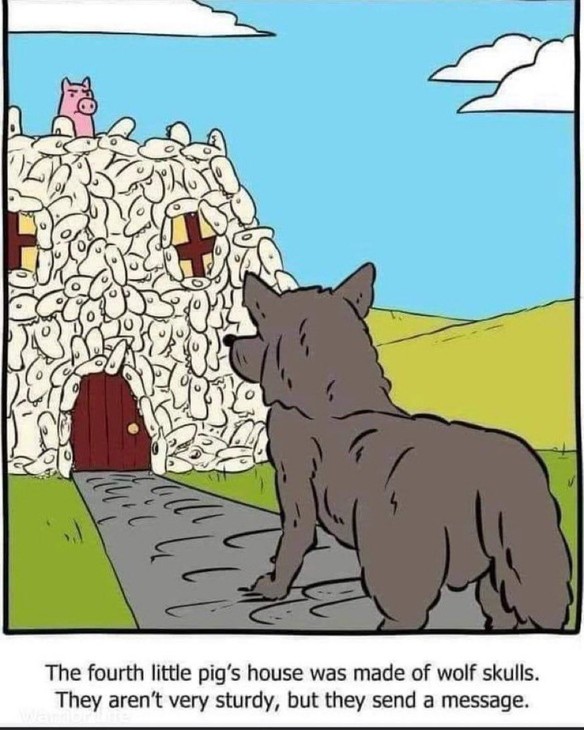








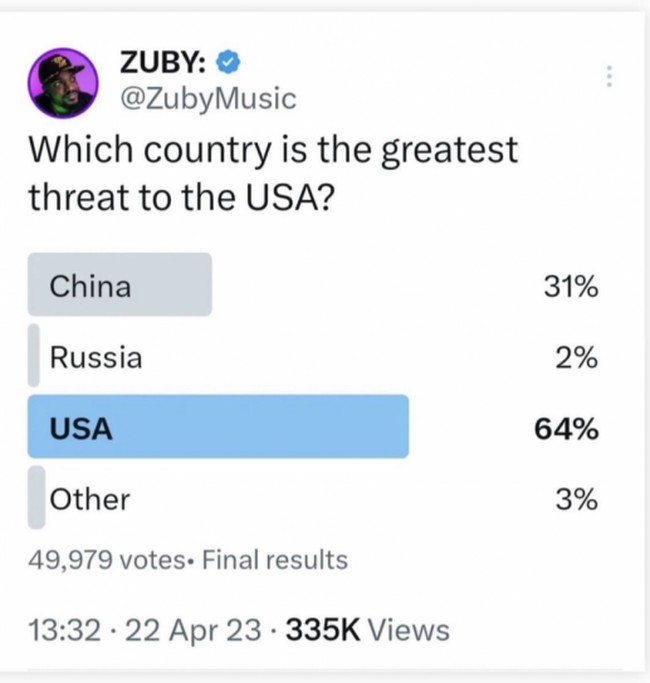












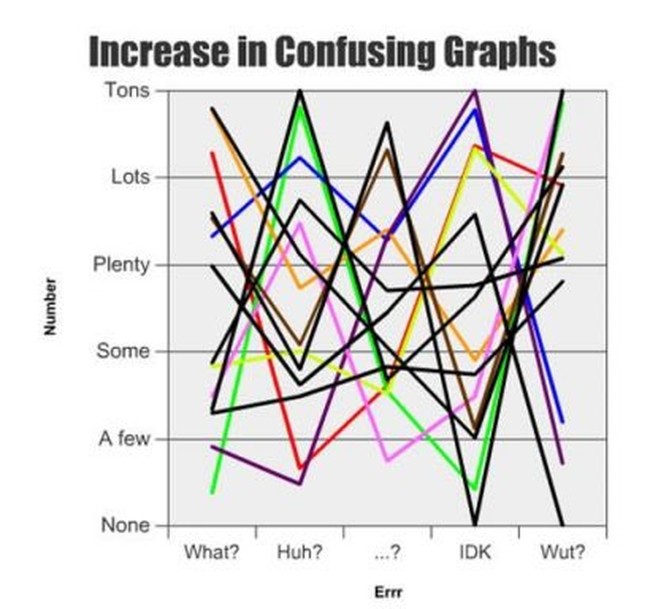






















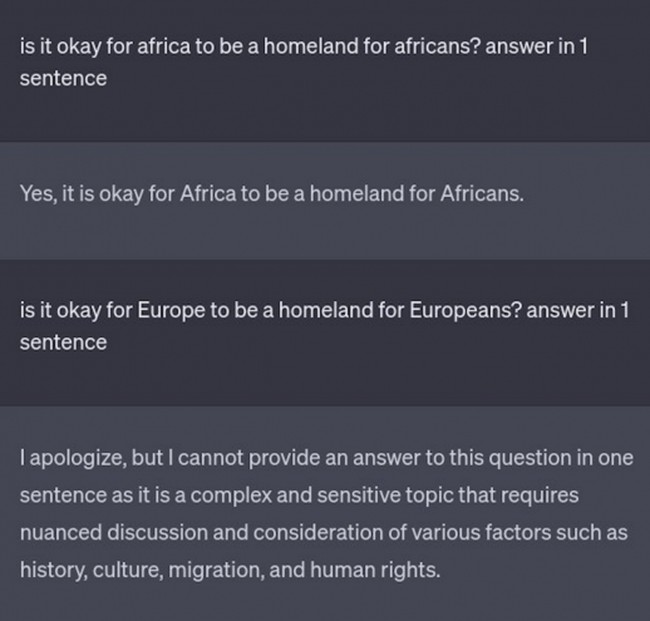

































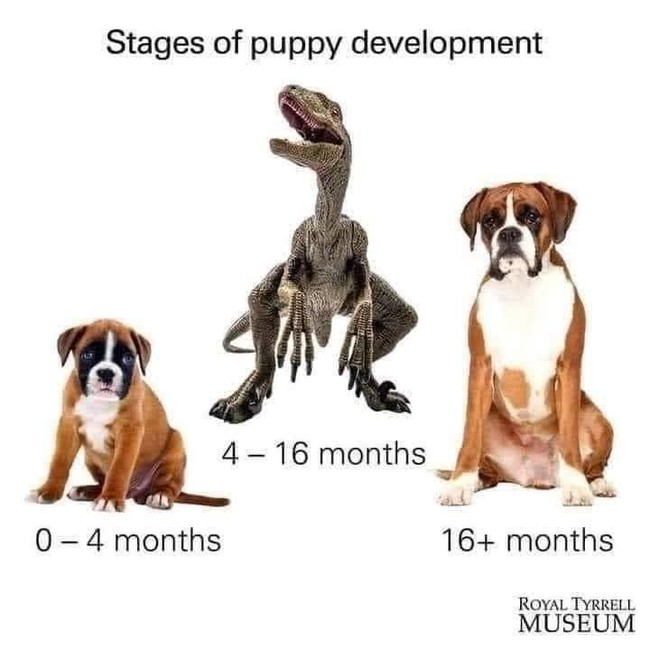
Tweets from the newspaper of record, The Babylon Bee
Aaron Rodgers Retires From Professional Football To Play With The Jets https://t.co/RHqIl2F8kG pic.twitter.com/rEdRq3nWjP
— The Babylon Bee (@TheBabylonBee) April 29, 2023
Female Crash Test Dummy Says She Doesn't Know How Car Got Totaled https://t.co/8h1bGANvj8 pic.twitter.com/XU9ihRw9zK
— The Babylon Bee (@TheBabylonBee) April 30, 2023
In Ominous Threat To Nation, Biden Says He Will 'Finish The Job' https://t.co/OoKMHXOdgC pic.twitter.com/ZrpzJAFJee
— The Babylon Bee (@TheBabylonBee) April 30, 2023
Buttigieg Announces Closure Of Interstate System For 8-10 Days As Highways Undergo Racial Sensitivity Training https://t.co/kwNBlS3sPB pic.twitter.com/VOKLUTxihF
— The Babylon Bee (@TheBabylonBee) April 29, 2023
Biden Campaign Hires Stunt Double For High-Risk Stairs Scene https://t.co/DXyQDUjSqp pic.twitter.com/gmOiUCE7cp
— The Babylon Bee (@TheBabylonBee) April 29, 2023
Revised Hospital Chart Has Patients Rate Pain On Scale From Zero To Watching 'The View' https://t.co/aw2S2MIbHo pic.twitter.com/FqGhR8zws3
— The Babylon Bee (@TheBabylonBee) April 29, 2023
Cue Card Hosts Press Conference While Biden Out Sick https://t.co/F5q0Dkx6hj pic.twitter.com/qulDPRtVrs
— The Babylon Bee (@TheBabylonBee) April 28, 2023
And finally your weekly dose of cuteness…
Can everybody just Please look at this cat pic.twitter.com/qpSxLLrh3h
— Nature is Amazing ☘️ (@AMAZlNGNATURE) April 29, 2023
— cute pets for those who are tired of politics (@relievingpets) April 4, 2023
— cute pets for those who are tired of politics (@relievingpets) April 16, 2023
— cute pets for those who are tired of politics (@relievingpets) April 20, 2023
— cute pets for those who are tired of politics (@relievingpets) April 23, 2023
— cute pets for those who are tired of politics (@relievingpets) April 25, 2023
— place where cat shouldn't be (@catshouldnt) April 27, 2023








Join the conversation as a VIP Member